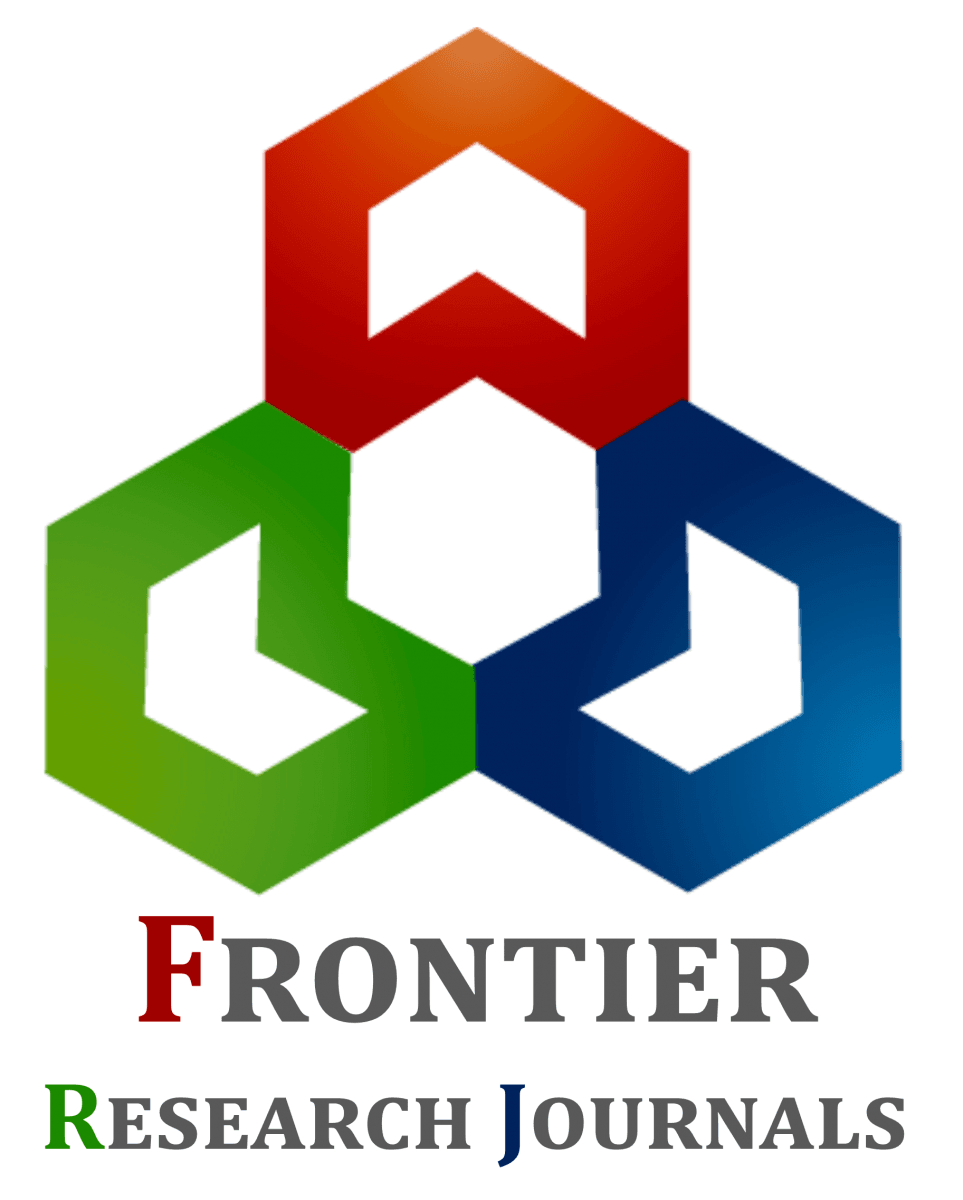Stakeholder communication framework for successful implementation of community-based renewable energy projects
1 Department of Sustainability, Eastern Illinois University, Charleston Illinois, USA.
2 Havenhill Synergy, Limited, Nigeria.
Review
International Journal of Frontiers in Engineering and Technology Research, 2024, 07(02), 025–043.
Article DOI: 10.53294/ijfstr.2024.7.2.0047
Publication history:
Received on 23 September 2024; revised on 01 November 2024; accepted on 04 November 2024
Abstract:
The implementation of community-based renewable energy projects demands effective stakeholder communication to ensure project sustainability, community acceptance, and overall success. This review proposes a strategic framework for communicating with diverse stakeholders, including local communities, government agencies, project developers, and non-governmental organizations. The framework emphasizes transparency, trust-building, and engagement as core principles to address the unique challenges and requirements of community-based renewable energy initiatives. Key components include identifying relevant stakeholders, establishing clear communication objectives, and selecting appropriate channels for tailored, ongoing dialogue. First, the framework outlines the identification process of key stakeholders, considering their roles, influence, and interests in the project. This involves categorizing stakeholders into primary (directly impacted) and secondary (indirectly impacted) groups, which enables targeted engagement efforts. Next, the framework recommends diverse communication channels, such as community meetings, social media platforms, local radio, and informational workshops. These channels are chosen based on accessibility, stakeholder preferences, and cultural appropriateness, ensuring messages reach all stakeholders effectively. The framework also includes strategic engagement tactics to enhance community participation, including participatory planning sessions, regular feedback loops, and transparent reporting on project milestones and impacts. By fostering continuous interaction, the project team can build and sustain trust, helping to alleviate concerns and gain community support. Moreover, the framework advocates for the inclusion of culturally relevant communication approaches that respect local values and practices, further strengthening stakeholder relationships. Implementing this communication framework is expected to enhance transparency, cultivate trust, and improve community buy-in, ultimately driving the success and long-term sustainability of community-based renewable energy projects. This approach aligns stakeholder interests, mitigates risks of opposition, and promotes shared ownership, facilitating smoother project execution. By engaging stakeholders meaningfully, community-based renewable energy initiatives can achieve greater resilience and acceptance, contributing to the broader goals of energy transition and environmental sustainability.
Keywords:
Stakeholder Communication; Community-Based Renewable Energy; Transparency; Trust-Building; Engagement Strategies; Sustainable Development; Project Success
Full text article in PDF:
Copyright information:
Copyright © 2024 Author(s) retain the copyright of this article. This article is published under the terms of the Creative Commons Attribution Liscense 4.0
